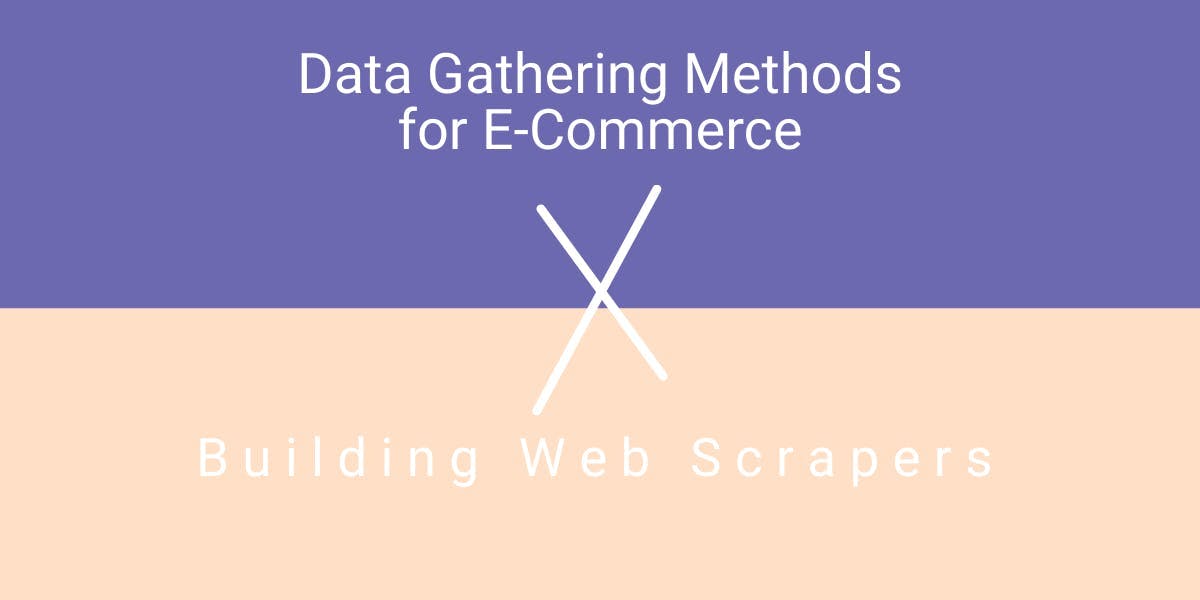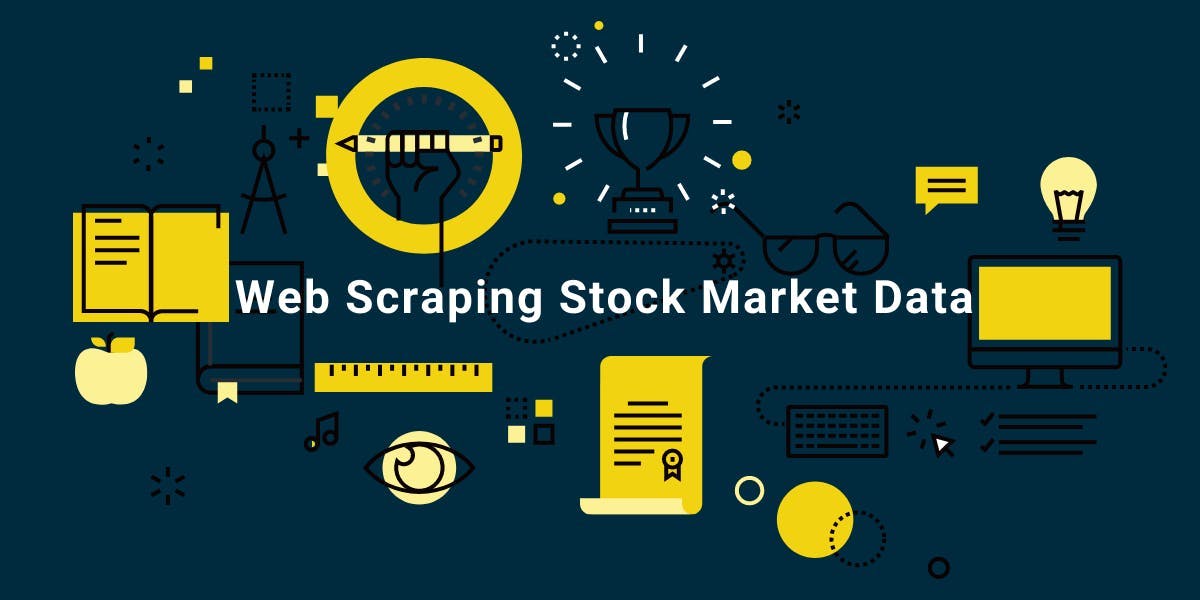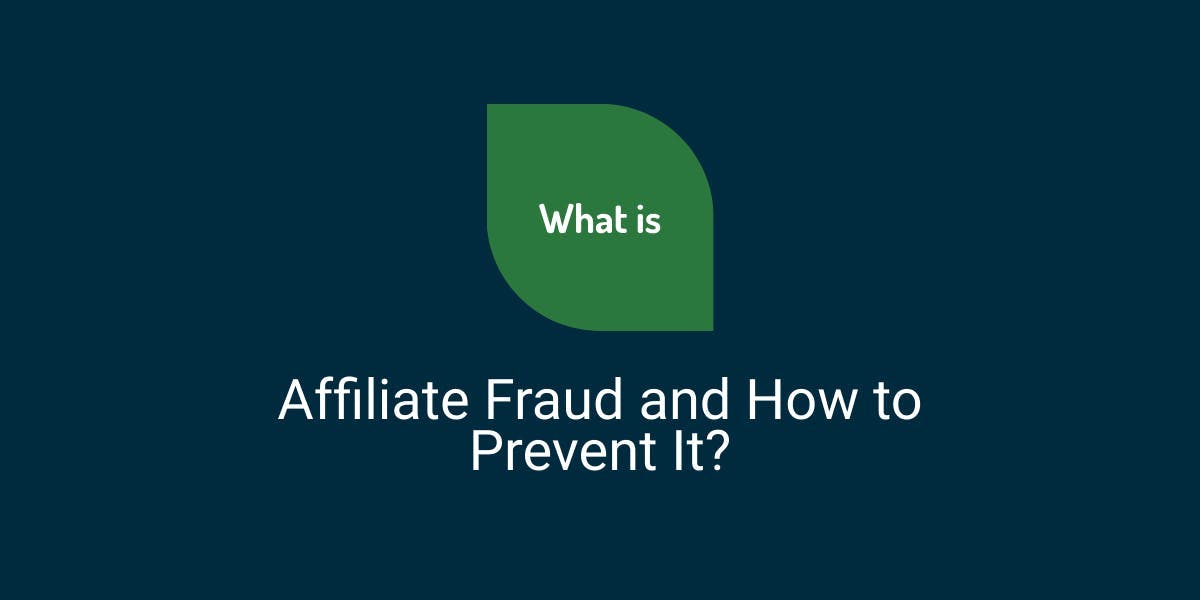Search Engine Scraping: What You Should Know
Flipnode on May 11 2023

Web scraping has opened up numerous opportunities for businesses, allowing them to make informed strategic decisions based on publicly available data. Before integrating web scraping into your daily business operations, it's crucial to identify the valuable information that can be extracted.
Statista's data reveals that search traffic accounted for 29 percent of global website traffic in 2019, underscoring the wealth of valuable public information available through search engines. In this blog post, we will delve into the topic of search engine scraping, exploring useful data sources, identifying key challenges, and proposing solutions.
What is search engine scraping?
Search engine scraping involves the automated extraction of public data, including URLs, descriptions, and other information, from search engines. It is a specific form of web scraping that focuses exclusively on search engines. Identifying valuable information sources for business or research purposes is crucial to enhance the effectiveness of web scraping and analysis.
To collect publicly available data from search engines, specialized automated tools known as search engine scrapers are utilized. These tools enable the collection of search results for a given query and return the data in a structured format.
Useful data sources from search engines
Typically, companies collect public data from Search Engine Results Pages (SERPs) to improve their website rankings and increase organic traffic. Some businesses even engage in search engine scraping to gather insights that can aid other companies in enhancing their online visibility.
Scraping search engine results
Companies often gather basic information from search engines, such as industry-relevant keywords and SERP rankings. Understanding successful practices in SERP rankings can inform crucial decision-making, helping companies assess the effectiveness of strategies employed by competitors. Keeping a pulse on industry trends through SERP scraping can also shape SEO and digital marketing strategies.
Scraping SERP results can also provide insights into how search engines perceive and rank content based on queries. By checking if their search terms yield expected results, companies can adjust their content and SEO strategies accordingly.
Leveraging an advanced search engine results scraper powered by proxies can provide additional benefits, such as tracking changes in search results based on time and geolocation. This can be particularly valuable for businesses with a global presence, as it allows them to assess how search results vary across different regions.
SEO monitoring
Indeed, utilizing a search scraper can greatly assist with SEO monitoring. SERPs contain a wealth of public information, including meta titles, descriptions, rich snippets, knowledge graphs, and more. Analyzing this data can provide valuable insights and guidelines for content teams on effective strategies to achieve higher SERP rankings. By understanding what elements contribute to top rankings, companies can optimize their content and increase their visibility in search results.
Digital advertising
Scraping search results can also be advantageous for digital advertisers as they can gain insights into where and when their competitors' ads are being displayed. While this data does not enable digital advertisers to duplicate other ads, it does provide an opportunity to monitor the market and trends to inform their own strategies. The placement of ads is a critical factor in achieving successful results.
Images scraping
Scraping publicly available images from search engines can serve various purposes, including brand protection and SEO optimization.
For brand protection companies, monitoring the web and collecting public images of products can aid in identifying counterfeit products and taking action against infringers.
Gathering public images and their associated information can also be valuable for SEO purposes. Optimizing images with relevant ALT texts can help search engines understand the context and importance of the images, thereby improving overall SEO strategies.
It is important to consult with a legal advisor before engaging in image scraping to mitigate potential risks and ensure compliance with relevant laws and regulations.
Shopping results scraping
The leading search engines often have their own shopping platforms where companies promote their products. Extracting public information from these platforms, such as prices, reviews, product titles, and descriptions, can provide valuable insights for monitoring and understanding competitors' product branding, pricing, and marketing strategies.
Keywords play a crucial role in shopping platforms as well. By experimenting with different keywords and scraping the results of displayed products, businesses can gain insights into the ranking algorithm and optimize their strategies to stay competitive and drive revenue. Monitoring keyword performance and product rankings can provide valuable data for informed decision-making and strategic planning.
News results scraping
News platforms integrated with popular search engines have become an invaluable resource for media researchers and businesses alike. These platforms gather the latest information from various news portals, creating a vast and accessible public database that can be utilized for diverse purposes.
Analyzing this information can provide insights into the latest trends, industry happenings, regional variations in news coverage, presentation styles of different websites, and much more. The potential uses of news portal data are extensive. Web scraping has made projects involving the analysis of large volumes of news articles more manageable, enabling businesses and researchers to efficiently extract valuable information and gain a competitive edge in the industry.
Other data sources
In addition to the conventional search engine sources, there are specialized academic search engines that provide access to scientific publications from across the web. Researchers can gather valuable public data for specific scientific cases by using keywords and analyzing the publications that are displayed in the search results.
Data such as titles, links, citations, related links, author information, publisher details, and snippets can be collected for research purposes. This information can be immensely valuable for researchers, allowing them to obtain insights, track trends, and identify relevant publications in their field of study. Web scraping from academic search engines can be a powerful tool for researchers to gather and analyze public data for their scientific investigations.
Is it legal to scrape search engines?
The legality of web scraping is a contentious topic among professionals involved in data gathering. It is crucial to understand that web scraping may be legal if conducted in compliance with applicable laws pertaining to the source targets and the data being scraped. However, it is strongly advised to seek legal consultation before engaging in any form of web scraping activity to ensure compliance with local regulations.
We have also thoroughly examined the subject of "is web scraping legal" and encourage you to review our findings for a comprehensive understanding of the legal landscape surrounding web scraping. Keeping abreast of legal considerations and seeking appropriate legal guidance is essential when engaging in web scraping activities.
How to scrape search results?
As previously mentioned, web scraping from search engines can offer significant benefits for businesses, but it also comes with its own set of challenges. Search engines are becoming more sophisticated in detecting and blocking web scraping bots, which requires additional measures to avoid being blocked:
- Use proxies: Proxies allow you to access geo-restricted data and reduce the risk of detection. Proxies act as intermediaries that assign different IP addresses, making it harder to be detected. It's important to choose the appropriate proxy type for your needs.
- Rotate IP addresses: Avoid using the same IP address for an extended period of time when scraping search engines. Implement IP rotation logic in your web scraping projects to prevent being blocked.
- Optimize your scraping process: Avoid gathering large amounts of data all at once, as this may trigger blocks. Don't overload servers with excessive requests. Optimize your scraping process to avoid raising suspicions.
- Set common HTTP headers and fingerprints: Configuring your web scraper to mimic common HTTP headers and fingerprints can reduce the chances of being blocked. This is an important but often overlooked technique.
- Manage HTTP cookies: Disable or clear HTTP cookies after each IP change to minimize detection. Experiment and find the best approach for managing cookies in your search engine scraping process.
It's crucial to be mindful of the measures needed to avoid detection and blocks when web scraping from search engines. Following best practices and staying up-to-date with changes in search engine policies can help ensure a successful and compliant web scraping process.
Search engines scraping challenges
Scraping search engine results page (SERP) data can provide valuable insights for businesses of all types. However, it also presents challenges that can complicate the web scraping process. One common issue is the difficulty in distinguishing between legitimate web scraping bots and malicious ones. As a result, search engines may mistakenly flag legitimate bots as malicious, leading to inevitable blocks. It's important to be aware of the security measures implemented by search engines before starting any SERP scraping activities.
If you found this topic interesting, you may also be interested in reading another article about search engine ad intelligence.
IP blocks
Improperly managing IP addresses can lead to various problems, particularly IP blocks.
Search engines can easily detect the IP address of a user. During web scraping, bots send numerous requests to servers to gather information. If these requests are consistently sent from the same IP address, it can be flagged as suspicious activity and blocked by search engines, as it does not appear to be a typical user behavior.
CAPTCHAs
CAPTCHA is another commonly used security measure by search engines. When a system suspects that a user is a bot, it may prompt a CAPTCHA test where users are required to enter correct codes or identify objects in pictures. However, most web scraping tools struggle with CAPTCHAs, and attempts to bypass them may result in IP blocks, as it is seen as an attempt to circumvent security measures.
Unstructured data
Successfully extracting data is only part of the equation. If the data obtained from web scraping is disorganized and difficult to read, all the effort may be wasted. Therefore, it is crucial to carefully consider the desired format for the returned data when selecting a web scraping tool.
Conclusion
Search engines contain a wealth of valuable public data that can enable companies to gain a competitive edge in the market and boost revenue. Making informed decisions based on accurate data can lead to more successful business strategies.
However, the process of gathering this information can be challenging. Reliable proxies or high-quality data extraction tools can help streamline and facilitate the data gathering process, ensuring that businesses can access the information they need effectively.



